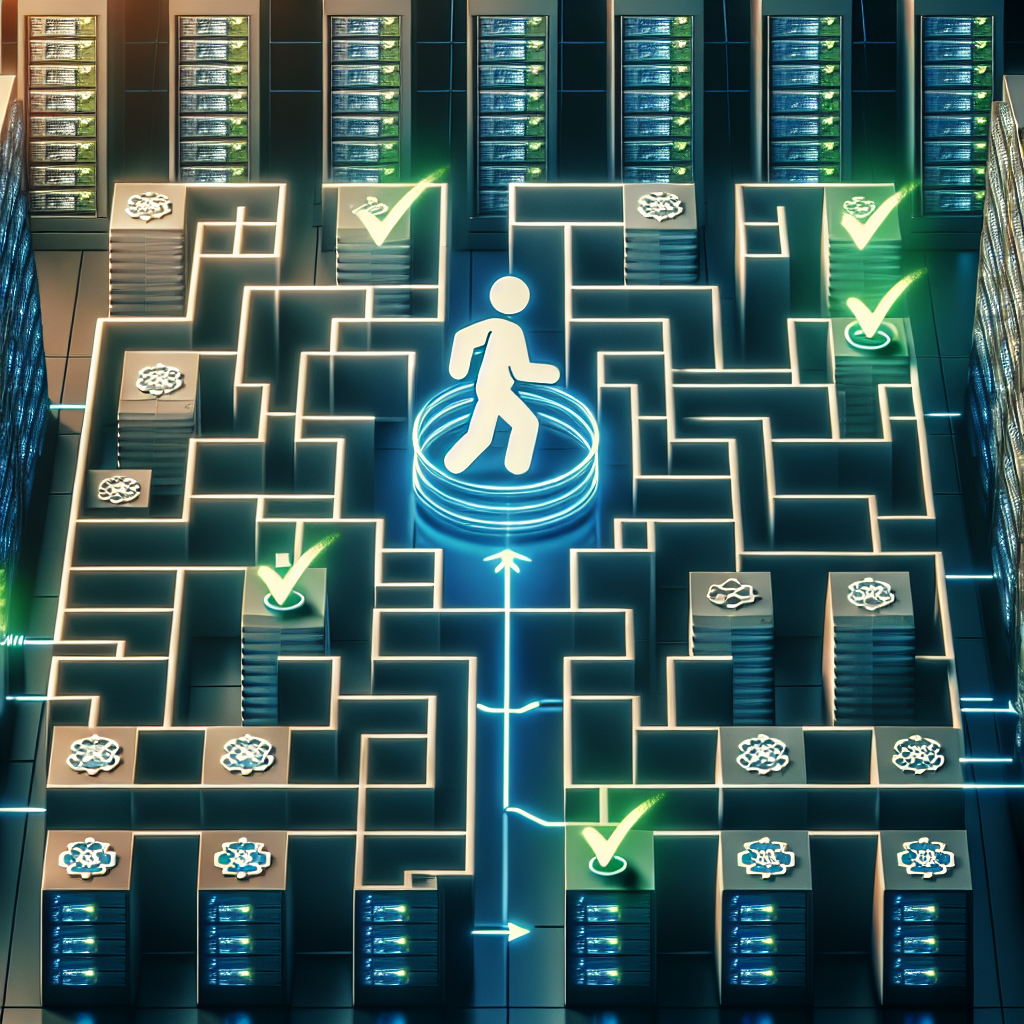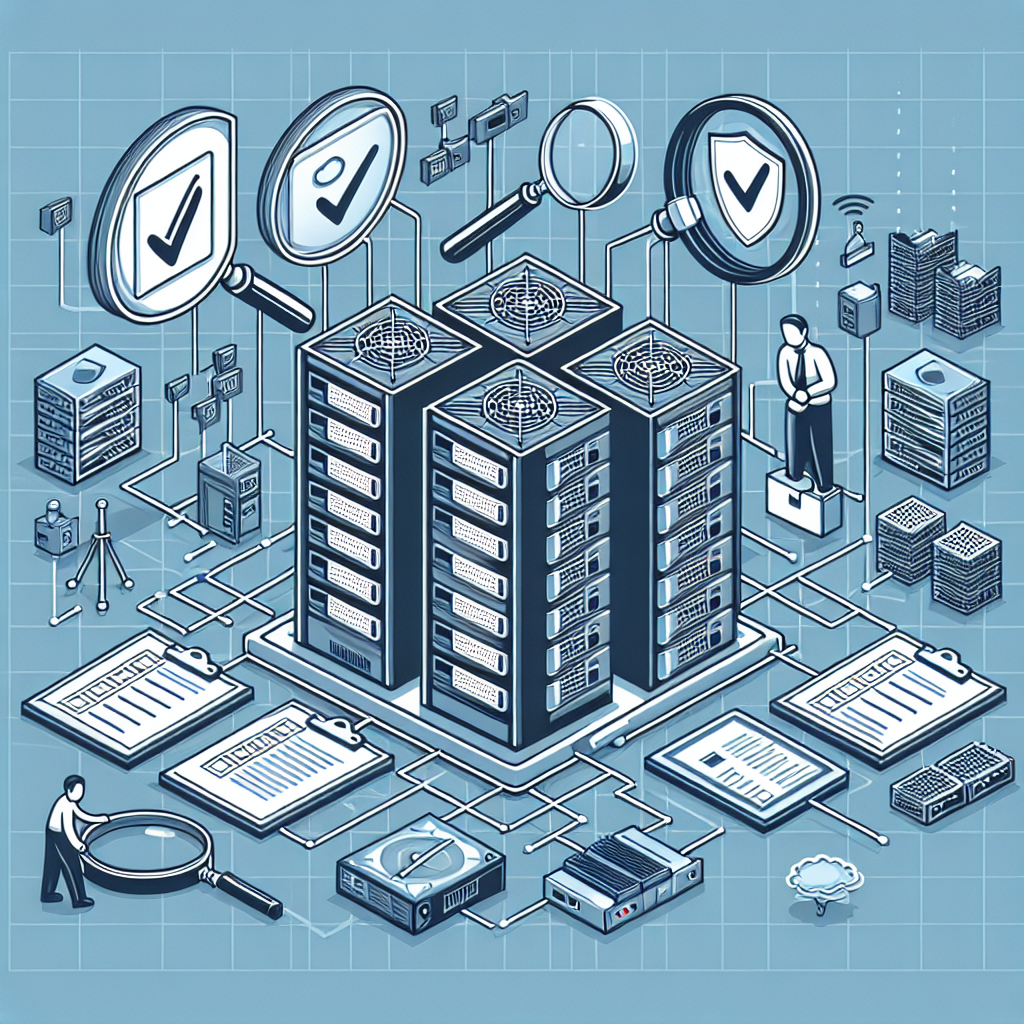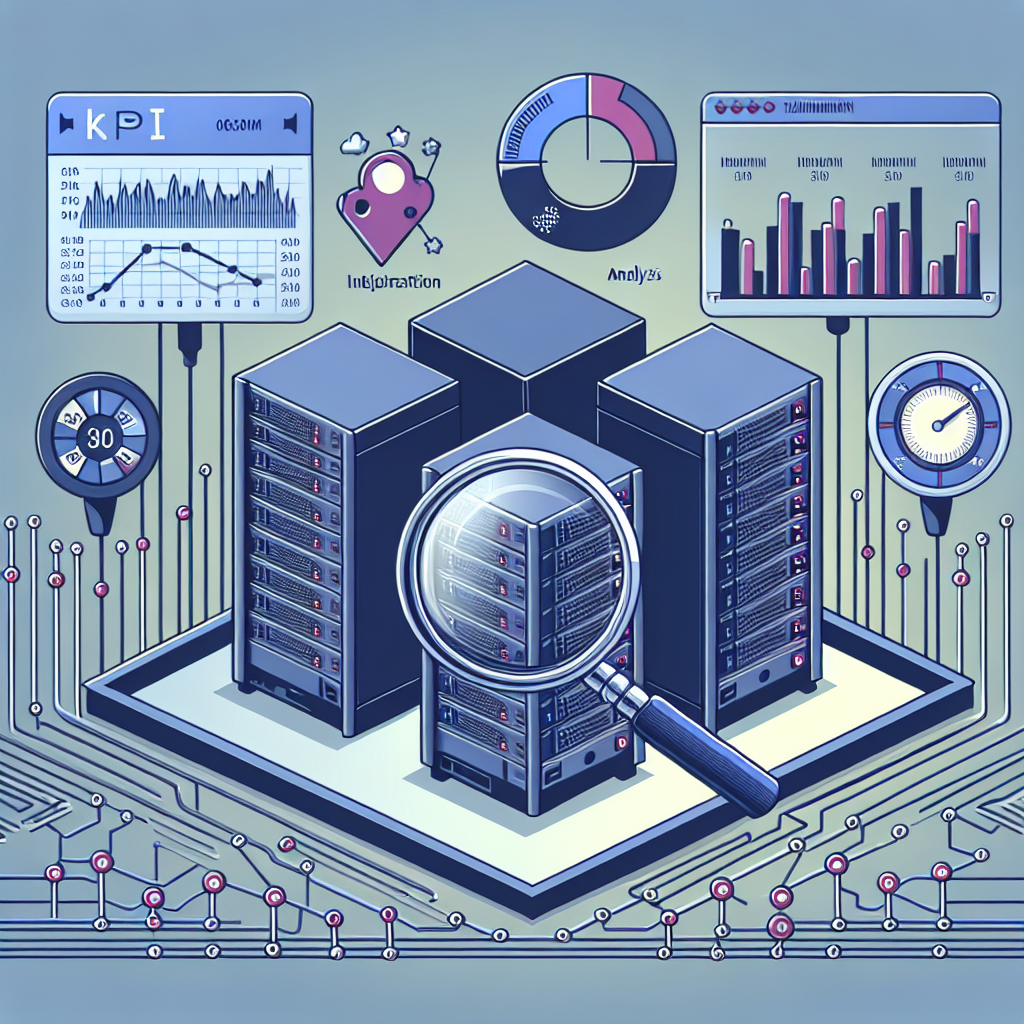Data centers play a crucial role in today’s digital world, serving as the backbone for storing, processing, and managing vast amounts of data. With the increasing reliance on technology and data, it has become more important than ever to ensure that data centers are operating at maximum efficiency and security. One way to achieve this is through regular data center audits.
Data center audits involve a comprehensive review of all aspects of a data center’s operations, infrastructure, and security measures. This includes assessing the physical environment, such as the cooling systems, power supply, and network connectivity, as well as the software and hardware components, such as servers, storage devices, and networking equipment. Audits also evaluate the data center’s security measures, including access controls, encryption protocols, and monitoring systems.
By conducting regular data center audits, organizations can identify areas for improvement and implement changes to maximize efficiency and security. Here are some key benefits of data center audits:
1. Improved Efficiency: Data center audits can help identify inefficiencies in the data center’s operations, such as underutilized resources, outdated equipment, or inefficient cooling systems. By addressing these issues, organizations can optimize their data center’s performance, reduce energy consumption, and lower operating costs.
2. Enhanced Security: Data center audits can help identify vulnerabilities in the data center’s security measures, such as weak passwords, outdated software, or inadequate access controls. By addressing these vulnerabilities, organizations can strengthen their data center’s defenses against cyber threats and ensure the confidentiality, integrity, and availability of their data.
3. Compliance with Regulations: Many industries, such as healthcare, finance, and government, have strict regulations governing the security and privacy of data. Data center audits can help organizations ensure compliance with these regulations, such as HIPAA, PCI DSS, and GDPR, by identifying gaps in security measures and implementing necessary controls.
4. Risk Mitigation: By conducting data center audits, organizations can proactively identify and mitigate risks that could impact the availability and integrity of their data. This includes identifying single points of failure, implementing backup and disaster recovery plans, and testing response procedures to ensure business continuity in the event of a data center outage.
In conclusion, maximizing efficiency and security with data center audits is essential for organizations to ensure the reliability, performance, and security of their data center operations. By conducting regular audits, organizations can identify areas for improvement, mitigate risks, and ensure compliance with regulations. Ultimately, data center audits help organizations optimize their data center’s performance and protect their most valuable asset – their data.










